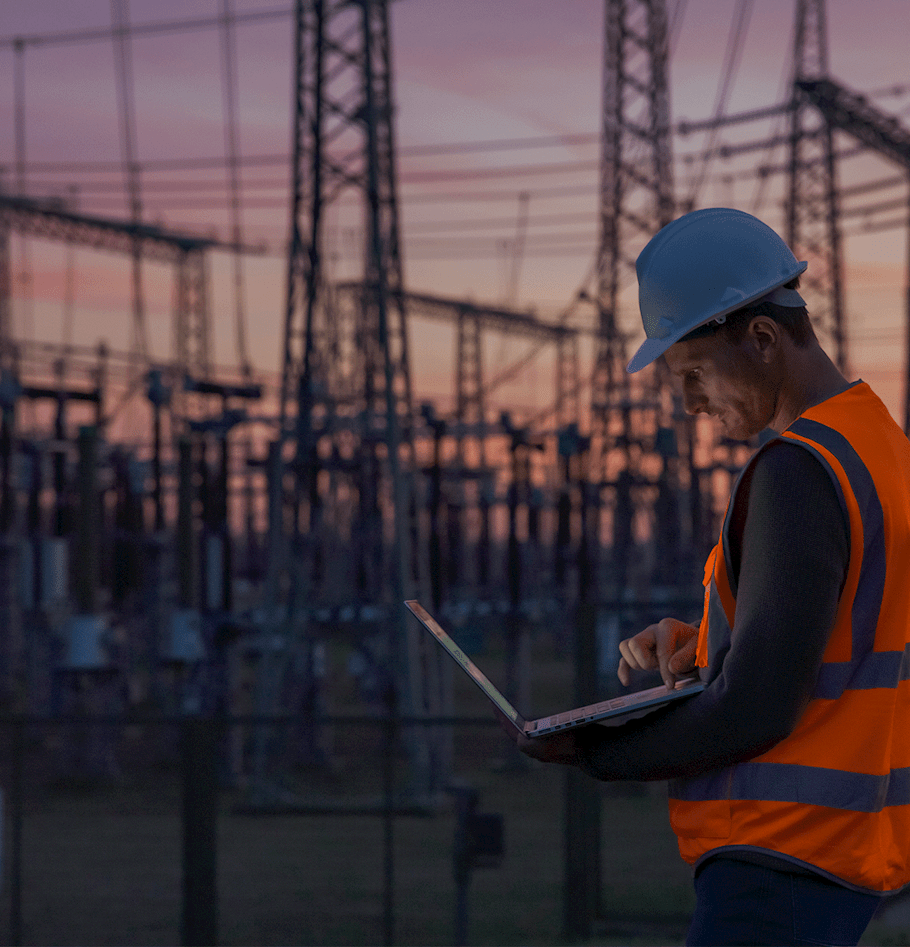
March 13, 2018 | InBrief
Blockchain in energy: The future of tomorrow?
Blockchain in energy: The future of tomorrow?
The Blockchain in Energy Forum, hosted by Greentech Media in New York last week, gathered leaders from across utilities, start-ups, investors, and policymakers for a day of networking and discussion on recent innovations, best practices and future developments in the use of blockchain technology in the energy sector. The agenda offered participants a chance to gain a better understanding of the opportunities and challenges presented by blockchain technology. In this blog, I summarize some key takeaways from the event.
State of the market
Blockchain technology is receiving a lot of attention in the energy sector as it proposes feasible transactions to be logged, validated and saved across a distributed network. Through its transaction capabilities, blockchain can potentially accelerate a change from a centralized towards decentralized systems facilitated by improved system management and advanced information and communication technologies. During the opening presentation, it was noted that 2017 brought global recognition of the potential applications of blockchain technology in the energy sector. In less than two years since the first blockchain energy transaction, there are now over 120 organizations involved, with over $340 million invested and 40 ongoing projects.
Development and application
The potency of blockchain technology lies in its deployment in any situation where the origin of an asset and the data from it requires it to be accessed and updated by multiple participants. To date, the most common applications of blockchain in the energy sector include, neighborhood electricity trading, flexible grid management, architecture for managing grids, and energy trading—particularly those associated with renewable energy and electric vehicles. Applications of the blockchain distributed ledger could range from liquefied natural gas vehicles to smart meters, facilitating both financial and non-financial transactions based on user preferences defined by smart contracts. There are even developments around leveraging blockchain’s energy consumption to mitigate transmission congestion for renewables and other distributed energy resources (DER) that may otherwise be curtailed. A colleague of mine at West Monroe, Jigar Shah, has filed a patent on such technology.
Integrating blockchain into the energy space
Jesse Morris of Rocky Mountain Institute compared the current blockchain market to an archaic Atari video game console and mentioned that a transactive energy industry would require operation at a level of a modern PlayStation 4 (or Xbox One, depending on your preference). Although blockchain has the prospect to enable altered business models through considerable cost reductions and increased efficiencies, many issues remain to be resolved. The main problems lie in regulation, technological uncertainty, cybersecurity, energy consumption, and integration with existing systems. With better transparency, improved real-time access to data and simplified reporting, blockchain could present an opportunity for regulatory and supervisory institutions to incorporate regulatory requirements directly into the design and specification of blockchains. This is necessary to enable a fraud-proof and interactive energy market. Integration of blockchain technology can be performed in several ways, but it is important to be based on appropriate product selections and designs in accordance with current architecture.
Promising the future for the energy sector
Conference speakers expect that blockchain will bring more direct relationships between energy producers and consumers and reinforce market opportunities for small energy providers and prosumers. In a decentralized energy system, blockchain could facilitate energy supply contracts to be made directly between energy producers and energy consumers enabling disintermediation. However, questions were raised on the real-world differentiation of blockchain with respect to readily available alternatives. Blockchain still must prove its applicability and reliable operation in practice to be fully adopted in the energy sector. Now the only thing I need to figure out is which Initial Coin Offering to invest my tax returns in.



